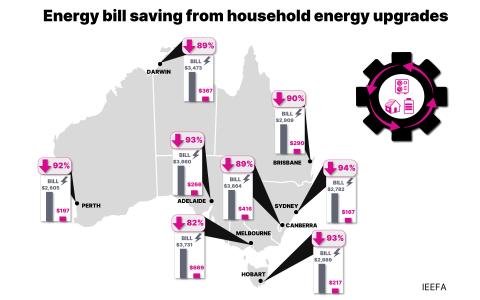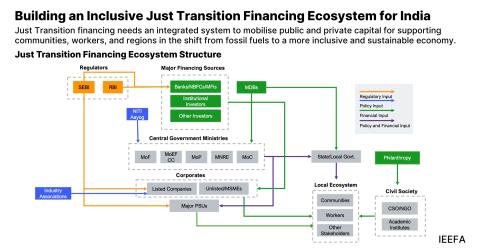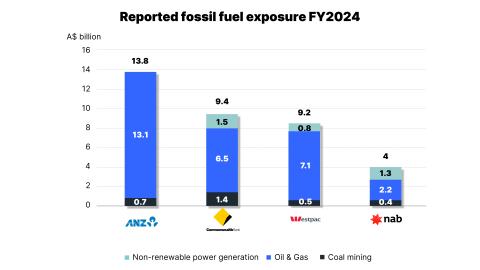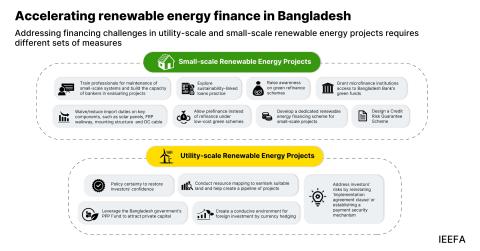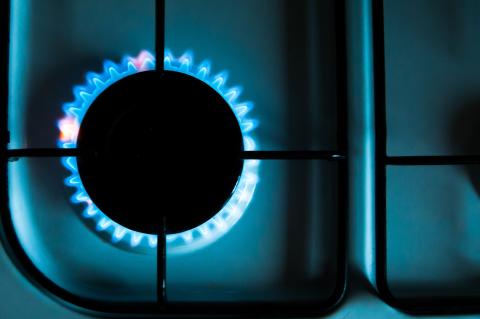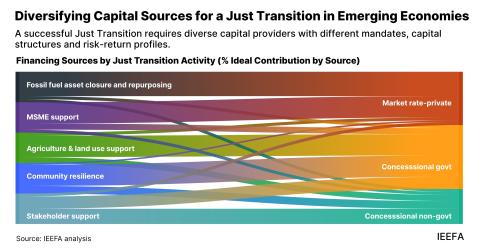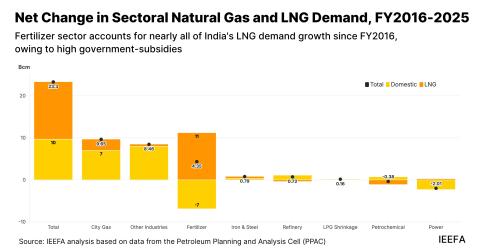IEEFA report: Turkey turns to solar power to boost energy independence
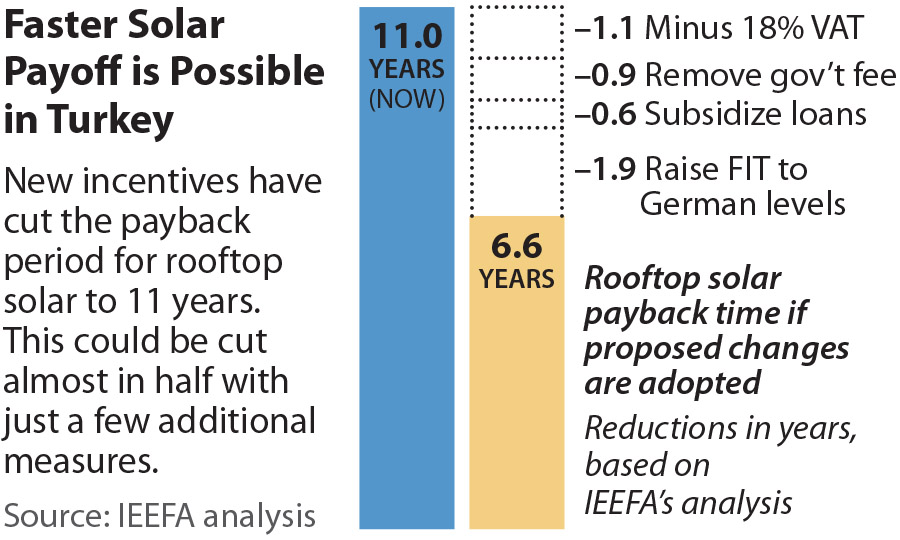
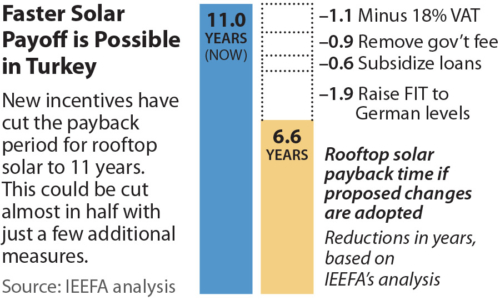 December 19, 2019 (London/Istanbul IEEFA) – Turkey can build on a new support scheme for solar power by providing further incentives that would reduce payback periods to less than seven years now, and two years by 2030, according to a report released today by the Institute for Energy Economics and Financial Analysis (IEEFA).
December 19, 2019 (London/Istanbul IEEFA) – Turkey can build on a new support scheme for solar power by providing further incentives that would reduce payback periods to less than seven years now, and two years by 2030, according to a report released today by the Institute for Energy Economics and Financial Analysis (IEEFA).
Turkey has among the most abundant solar resources in Europe, far surpassing market leaders such as Britain and Germany, and has seen rapid growth as a result, especially in the ground-mounted solar sector. Removing installation fees and value added tax in the rooftop market, while taking advantage of Turkey’s strong solar irradiation levels, would clear the way for greater energy independence, the report: New Incentives Brighten Turkey’s Rooftop Solar Sector, says.
A NATIONAL NET METERING SCHEME, INTRODUCED IN MAY, HAS OPENED THE DOOR TO GROWTH IN THE ROOFTOP SOLAR MARKET in Turkey, but further incentives are needed to drive more widespread adoption across the country, the report finds.
Turkey has laid the foundations for rapid growth in the rooftop solar market
“Turkey is already one of the world’s fastest growing markets for large-scale solar, and the government has now laid the foundations for similar growth in the rooftop market,” said IEEFA energy finance analyst and report co-author Gerard Wynn.
“Households will be up for this technology, but first, they will need a little more financial incentive.”
“The beauty of solar power for Turkey is that it exploits one of its most valuable energy assets, where it has a natural advantage over other countries along with the added bonus of trimming increasingly expensive coal imports.” (Turkey spent USD $4.4 billion on coal imports in 2018, up 12% on the previous year).
The government’s net metering scheme is an important first step towards developing the rooftop solar market. Under the new plan, homeowners receive a monthly energy credit for solar exports to the grid, which they can use to offset their electricity bills. It replaces a previous, largely ineffective policy, and complements a feed-in tariff scheme that benefited larger installations and not the smaller solar rooftop systems used by individual consumers.
THE NEW INCENTIVES ALLOW HOUSEHOLDS TO SAVE ON THEIR ELECTRICITY BILLS, which they can use to pay off the upfront cost of solar panels.
“At the moment, we estimate an 11-year pay-off period is needed to cover the upfront costs for a typical solar installation,” said Wynn. “That is a great improvement over the estimated 16-year payback period under the previous scheme.”
With the right incentives, the payback period can fall to under seven years
“We found that with the right incentives, this payback can fall to under seven years. At that level, people across Turkey will be interested in leveraging the opportunity to have more affordable, cleaner, home-grown electricity.”
“Taking into account expected decreases in the cost of solar power going forward, we estimate the payback period will fall further, to just two years by 2030.”
THE REPORT, THEREFORE, RECOMMENDS THAT TURKEY TAKE FURTHER STEPS to bring rooftop solar power within reach of mainstream consumers. These steps could include: eliminating the value added tax on solar installations to reduce upfront costs; removing the fixed fee for obtaining government approval; subsidising the cost of borrowing to install solar panels, for example by attaching loan repayments to a mortgage or utility bill; and raising the level of support for solar exports to the grid at rates comparable to those seen in other European countries.
“We conclude that while Turkey’s new net metering program marks a significant and welcome step forward in developing its residential solar market, further incentives, such as reducing installation costs, would drive faster household adoption in the near term,” said Bengisu Özenç economics consultant and report co-author.
Full report: New Incentives Brighten Turkey’s Rooftop Solar Sector (English)
Turkish version: Yeni Teşvikler Türkiye’nin Çatı Tipi Güneş Enerjisi Sektörünü Aydınlatıyor
Press release (Turkish): Yeni Rapor: Türkiye’de enerji bağımsızlığının anahtarı güneş enerjisinde
Media contact
Vivienne Heston ([email protected]) +1 914 439 8921
Author Contacts
Gerard Wynn ([email protected]) is an IEEFA energy finance consultant.
Arjun Flora ([email protected]) is an analyst with a focus on new energy technology.
Bengisu Özenç ([email protected]) is a freelance consultant, specialising in the nexus of economics, energy and the environment.
About IEEFA: The Institute for Energy Economics and Financial Analysis (IEEFA) conducts global research and analyses on financial and economic issues related to energy and the environment. The Institute’s mission is to accelerate the transition to a diverse, sustainable and profitable energy economy.




